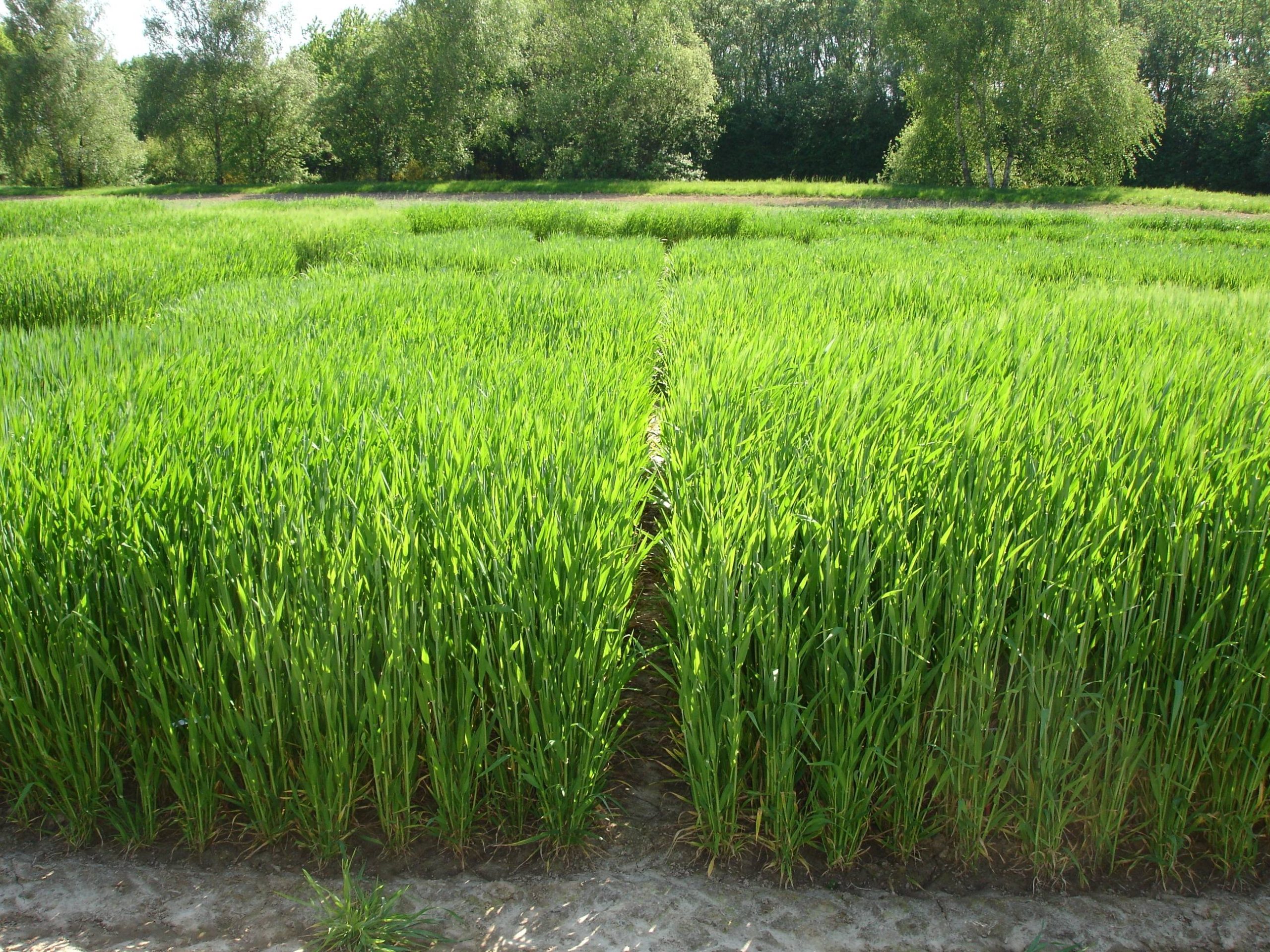Organic Varieties Suitable for Organic Production
European regulation EU 2018/848 authorizes the marketing of “organic variety suitable for organic production”. This is defined in Article 3-19 as being a variety as defined in Article 5(2) of Council Regulation (EC) No 2100/94 which:
- a) is characterized by a high level of genetic and phenotypical diversity between individual reproductive units; and
(b) results from organic breeding activities referred to in point 1.8.4 of Part I of Annex II to this Regulation; (…). These are conducted under biological conditions and focus on improving genetic diversity while relying on natural reproductive ability, as well as agronomic performance, disease resistance and adaptation to various local pedoclimatic conditions. All propagation practices except meristem culture are carried out under certified organic management.

For these organic varieties suitable for organic production, a temporary experiment is planned from July 1, 2023, over a period of seven years, and “should contribute to establishing the criteria relating to the description of the characteristics of this material and to determining the conditions applicable to its production and marketing.
Temporary experimentation of organic varieties and derogation
In addition to Regulation (EU) 2018/848, Implementing Directives (EU) 2022/1647 (for agricultural plants) and 2022/1648 (for vegetable species) amend Directives 2003/90/EC and 2003/ 91/EC to allow temporary experimentation.
These directives concern 6 species:
- Barley, Maize, Rye and Wheat for agricultural plant species.
- Carrot and Kohlrabi for vegetable species.
For the DHS, these directives define in their annexes the characteristics which may be subject to a less strict examination for uniformity.
For the VCU (implementing directives (EU) 2022/1647 – Annex V – Part B):
For agricultural plants, the examination of the agronomic, technological, and environmental value is carried out as far as possible under organic conditions, the registration decision having to consider the specific needs and objectives of organic farming. For the examination of certain traits, including disease susceptibility, trials can be carried out under low input conditions and with minimal treatments. The VATE admission is linked to a clear improvement compared to the other organic varieties suitable for organic production admitted in the State catalog.
For common wheat, a species for which there are already specific registration procedures for varieties claiming use in organic farming, it is these study procedures that will be implemented with suitable controls.
The technical regulations for the listing of the species concerned now incorporate these modifications:
The texts provide that other species may be included in the temporary experimentation at the request of Member States.
Application for registration and administrative procedures
For any request for registration of an organic variety suitable for organic production, please contact the technical secretaries of the group of species concerned (contacts available under https://www.geves.fr/about-us/the-ctps/
Many outstanding questions
Although it is now possible to request the registration of an organic variety suitable for organic production, several questions remain unanswered:
- What breeding methods are allowed and not allowed?
- The definition of the European regulation of organic varieties suitable for organic production does not fully correspond to those of the organic actors indicated in one of the deliverables of the Liveseed project, –Guidelines-for-adapted-DUS-and-VCU-testing-of -organic-varieties. “Organic varieties must be able to include different types of varieties, with differences in genetic diversity ranging from population varieties to hybrids. » Is heterogeneity mandatory or possible? The first elements provided by the enforcement guidelines seem to indicate that heterogeneity would not be mandatory. The duration of the selection in AB must also be specified. The proposal resulting from Liveseed, compromise between the actors of this project, is that “Selection must be carried out under certified organic conditions for a minimum of 5 years for annual plants and 8 years for biennials or perennials to ensure adaptation to the biological conditions. “.
- Will there be certification of organic selection?
- In addition, several examination offices are still questioning the need to derogate from the current DUS rules. Do the current rules of relative uniformity set out in the UPOV documents TGP/8 and TGP/10 not already allow the registration of population varieties?
This period of 7 years of experimentation should make it possible to answer these many questions also worked on in the European project LIVESEEDING, of which GEVES is a partner.
In addition, the question of the future of varieties registered in France with specific methods for Organic Farming (common wheat varieties since 2011, durum wheat in the process of being registered, etc.) also arises.
